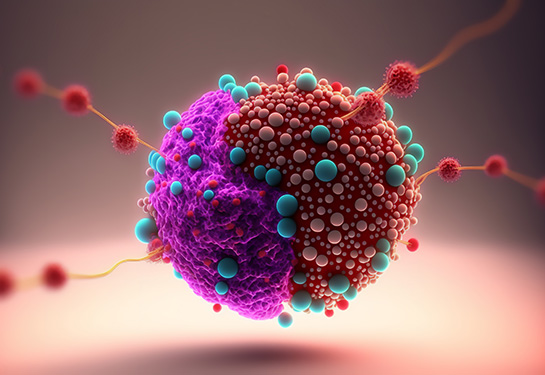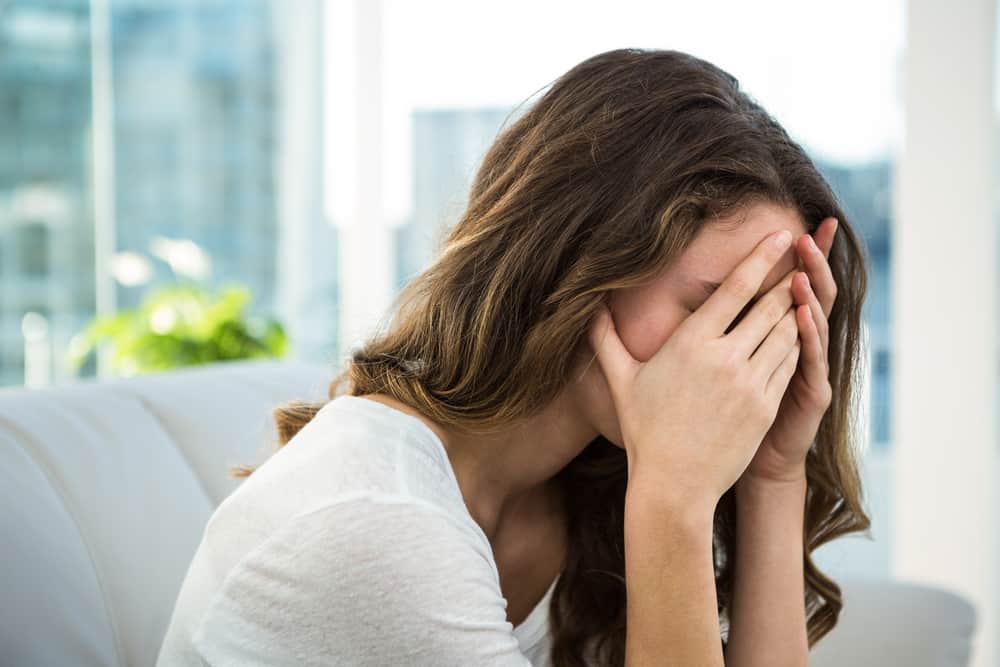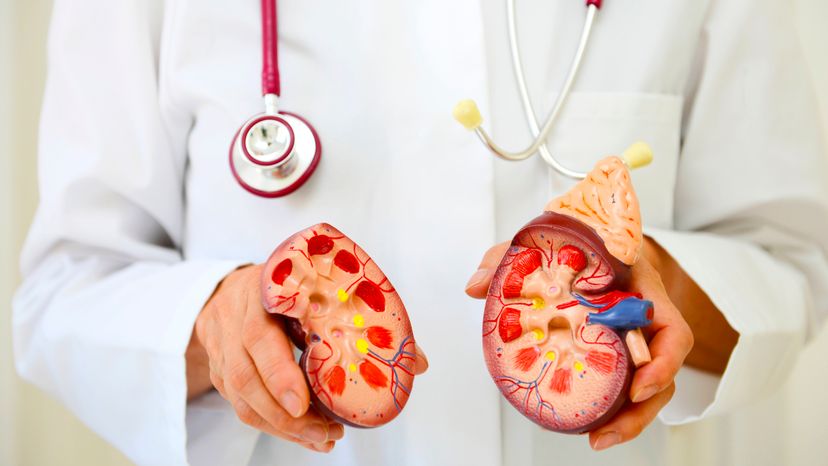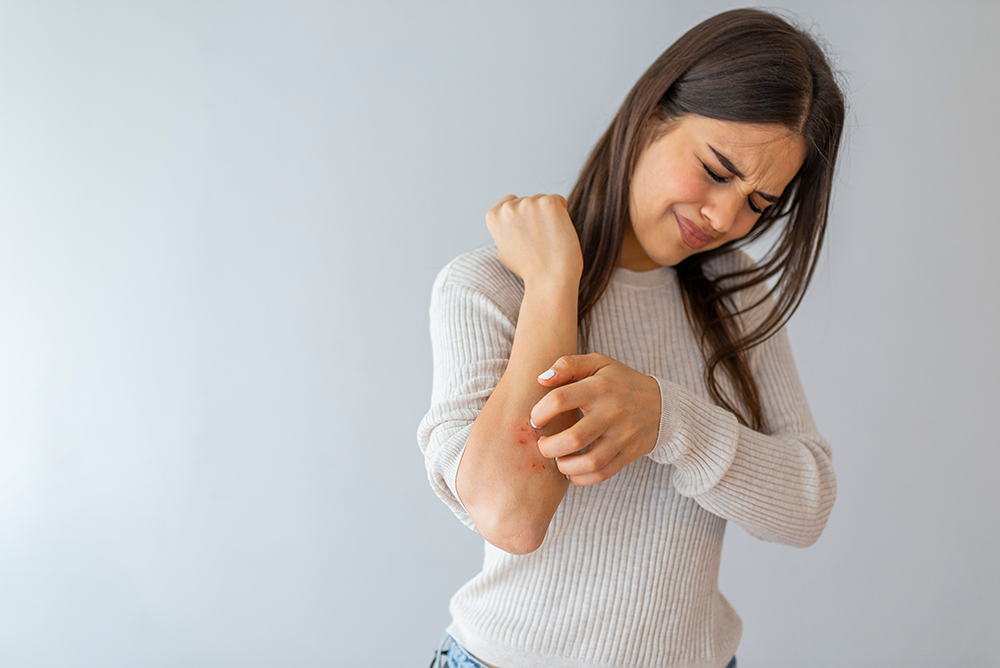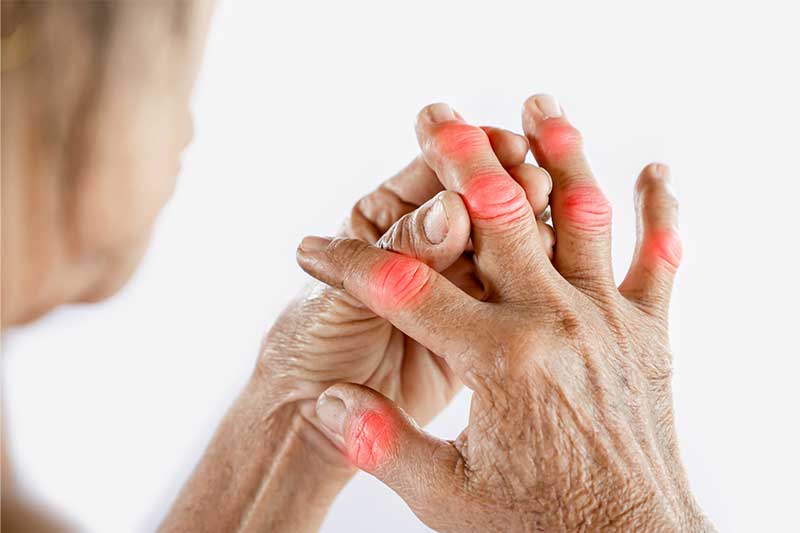Passing kidney stones can be a painful and unpleasant process. Unfortunately, kidney stones are highly frequent, with one in every ten persons experiencing them at least once in their lifetime. Although this illness appears dangerous and painful, kidney stones may typically be passed safely at home. In this blog, we’ll look at the causes, symptoms, and treatment options for passing kidney stones. From medical treatment to natural therapies, we will provide you the information you need to understand this illness and manage the pain and discomfort that comes with it. Symptoms Kidney stones can occur for a variety of reasons, including a shortage of fluid in the body, an excess of specific minerals, or a genetic susceptibility. Symptoms of kidney stones include nausea and vomiting, fever, and blood in your urine. Other symptoms include severe back and side pain, as well as discomfort spreading from the lower abdomen to the groin. It is vital to remember that if you have a fever, chills, or blood in your urine, you should seek medical assistance right away because it could be a sign of kidney infection. Causes of Kidney Stones Kidney stones are hard, mineral-rich lumps that occur within the kidneys and urinary tract. A poor diet, like many other disorders, is the most common cause of kidney stone production. While genetics and environmental variables might influence your health, changing your diet is the simplest thing you can do. Sodas and sugary drinks are particularly common causes of kidney stones. Sodas contain hazardous ingredients such as processed bleached sugar, phosphoric acid, caffeine, and high fructose corn syrup. The components in these goods can be harmful to your body, particularly your urinary system. These drinks induce kidney stones because they contain high levels of fructose corn syrup, which metabolizes into oxalate and raises uric acid and calcium excretion. This combination promotes kidney stone development at a greater rate than usual. Furthermore, the phosphoric acid in soda might cause an acidic environment in your kidneys, leading to more kidney stones. This disorder has also been linked to sodium-rich diets. The amount of calcium in your urine may also lead to kidney stones. Therefore, if you are at risk of getting kidney stones, you may wish to lower your calcium consumption. For best urological health, consume a diet rich in fresh vegetables and fruits. Avoid processed meals and sugar to prevent kidney stones and keep your urinary system healthy. Do not forget to stay hydrated! How To Prevent Kidney Stones Maintaining a healthy lifestyle and taking care of your urinary health will help you avoid kidney stones. Simple steps can be taken to keep your urinary health in tip-top form. To learn more about how to adjust your lifestyle to avoid kidney stones, download our Nutrition and Lifestyle Guide, which includes professional advice from our own Urology Specialists. It’s important to note that these prevention strategies may not be effective for everyone, and if you’ve had kidney stones before, you should check with your doctor to establish the best course of action for you. How to Pass Kidney Stones at Home Kidney stones can only leave the body via urine. Stones less than 5mm usually pass through easily. Larger stones will typically necessitate medical attention. The amount of time it takes to pass a kidney stone varies according to its size and location. Natural Methods to Pass Kidney Stones Passing kidney stones can be a difficult process, but there are a few things you can do to reduce the pain and discomfort and assist the stones pass faster. Fortunately, there are several natural home therapies for successfully passing kidney stones at home. So, if you have kidney stones, here’s how you can pass them safely: Remember that not all kidney stones will pass on their own; if the stone is too big, too painful, or obstructing the urine’s flow, your doctor may prescribe for other treatments. Treatment Options for Passing Kidney Stones The following are some of the treatments your doctor may prescribe for larger kidney stones: Shock Wave Therapy Shock waves are used in this type of therapy to help break up kidney stones into tiny fragments so they can exit the body more easily. When a stone is inside the kidney and has not passed through the ureter to leave the body, it is treated using extracorporeal shock wave lithotripsy (ESWL). Stones that are larger than 5 mm but no greater than 2 cm are also treated with ESWL. This therapy is also applied when the stone is extremely painful and obstructing the flow of urine. It takes around an hour to complete, and general anesthesia might be needed. Patients who are obese or pregnant should not undergo this outpatient operation due to the potential hazards of kidney harm. Medications or Surgery If you’re trying a natural method of passing a little kidney stone, medication might be helpful. A frequent drug for kidney stones is an alpha-blocker. By letting your urinary system muscles relax, these aid in lessening the discomfort of passing a stone. If the huge kidney stone is immobile and cannot be removed from the body, surgery will be necessary. Use our advice to reduce the likelihood that you will develop kidney stones and to help dissolve any mineral deposits that may accumulate in your kidneys over time, so preventing hospitalization.



